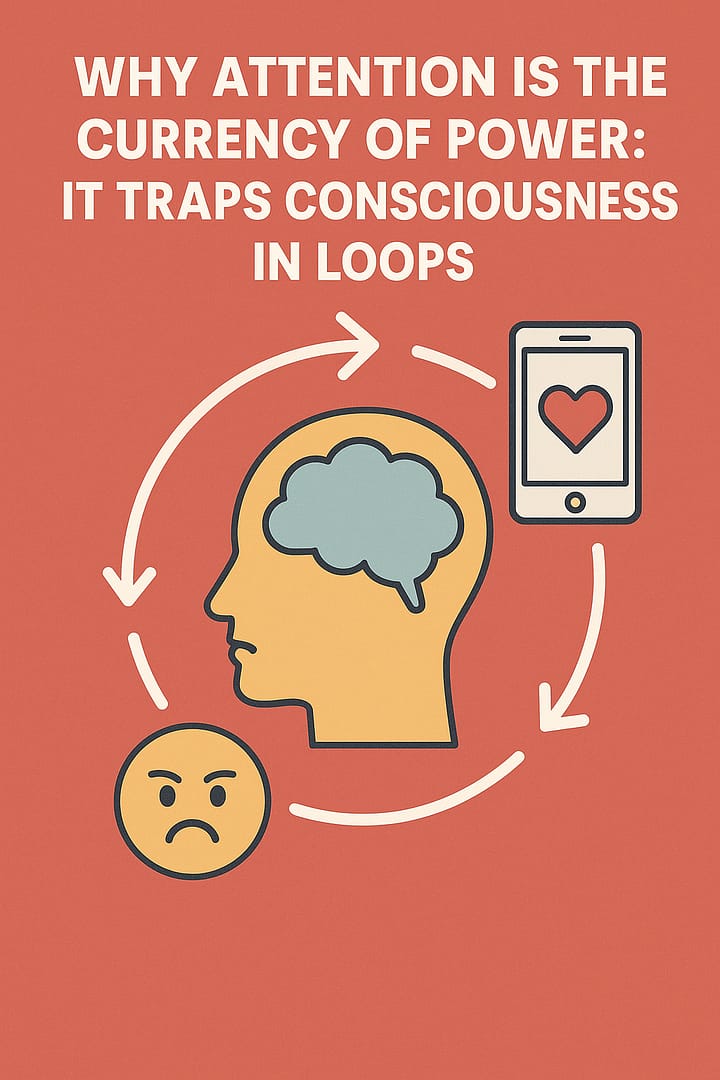Ancient myths and AI
Are there ancient myths related to intelligence and super-intelligence
Indeed, ancient myths from various cultures often explore themes related to intelligence and super-intelligence. Here are a few notable examples:
Greek Mythology – Athena and Prometheus
- Athena: Athena, the goddess of wisdom and warfare, is a central figure in Greek mythology. She sprang fully grown and armored from the forehead of her father, Zeus, signifying her birth through his intellect. Athena is associated with strategic warfare, wisdom, and craft, embodying both intelligence and practical skills. Her symbols include the owl, representing wisdom, and the olive tree, symbolizing peace and prosperity through intelligent governance.
- Prometheus: Another Greek figure is Prometheus, a Titan known for his cunning and intelligence. Prometheus defied Zeus by stealing fire from the gods and giving it to humanity. This act is often seen as a symbol of human ingenuity and the quest for knowledge, as fire represents the spark of civilization and technological advancement. Prometheus’ punishment—being bound to a rock where an eagle would eat his liver daily—highlights the potential dangers and costs of seeking forbidden knowledge.
Norse Mythology – Odin
Odin: The chief of the Norse gods, Odin, is associated with wisdom, knowledge, and magic. He is often depicted as a seeker of knowledge, willing to make great sacrifices for it. Odin famously sacrificed one of his eyes at Mimir’s well to gain profound wisdom and hung himself on Yggdrasil, the World Tree, for nine days and nights to acquire the knowledge of runes. Odin’s relentless pursuit of wisdom reflects the Norse reverence for knowledge and the belief that true wisdom often requires personal sacrifice.
Hindu Mythology – Saraswati and Ganesha
- Saraswati: Saraswati, the Hindu goddess of knowledge, music, art, wisdom, and learning, is often depicted with a book or a veena (a musical instrument). She represents the embodiment of intelligence and artistic expression. Devotees believe that Saraswati bestows the power of speech, wisdom, and learning, making her worship essential for students and scholars.
- Ganesha: Ganesha, the elephant-headed god, is known as the remover of obstacles and the god of beginnings. He is also associated with intellect and wisdom. In many stories, Ganesha’s intelligence is highlighted, such as when he won a race against his brother Kartikeya by cleverly circumambulating his parents, Shiva and Parvati, symbolizing that they are the entire universe.
Mesopotamian Mythology – Enki
Enki: In Sumerian mythology, Enki (or Ea) is the god of wisdom, magic, and fresh water. Enki is credited with creating humanity and granting them the gifts of civilization, including knowledge, technology, and the arts. He is often depicted as a benefactor of humankind, using his wisdom to help and guide them.
Egyptian Mythology – Thoth
Thoth: Thoth, the ancient Egyptian god of wisdom, writing, and magic, played a significant role in maintaining the universe’s balance. He is credited with inventing writing, the calendar, and various sciences. Thoth is often depicted as an ibis or a baboon, symbolizing his intelligence and scholarly nature.
These myths reflect humanity’s long-standing fascination with intelligence and the belief that wisdom and knowledge are divine gifts or hard-won treasures. They also underscore the idea that the pursuit of knowledge often comes with great responsibility and potential consequences.

Thank you for questions, shares and comments!
Share your thoughts or questions in the comments below!
Would you like to delve deeper into any of these myths or explore other cultures’ tales of intelligence?






